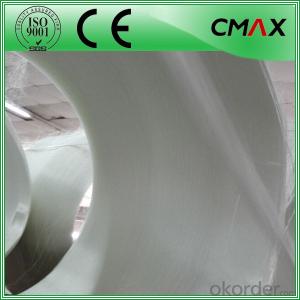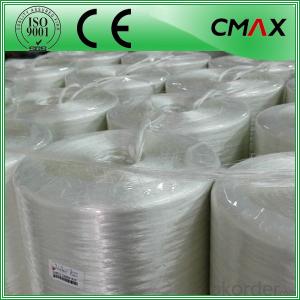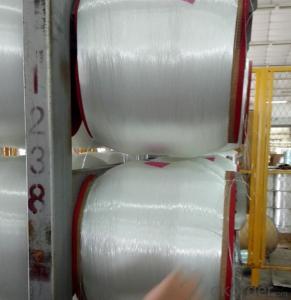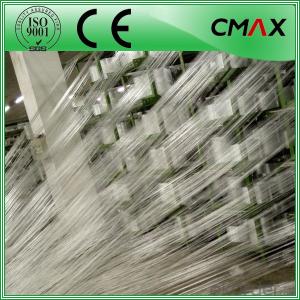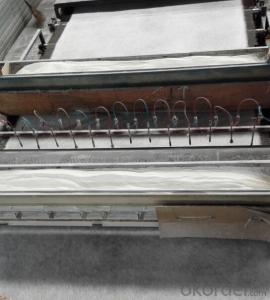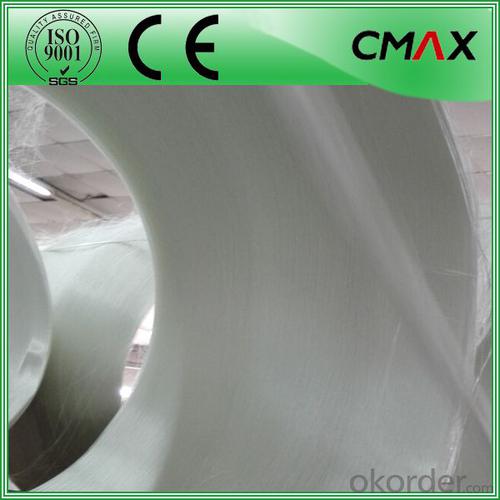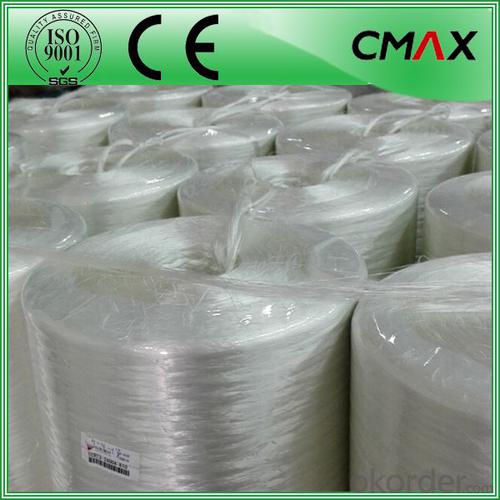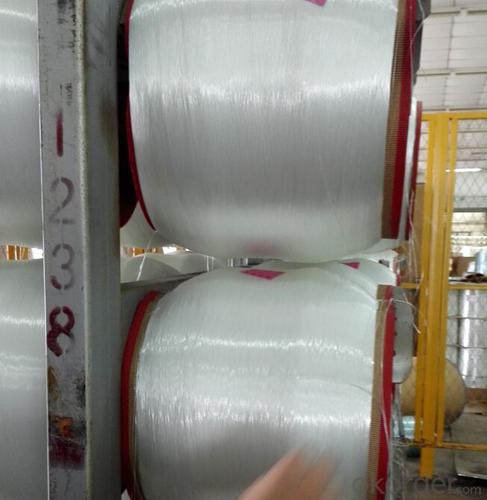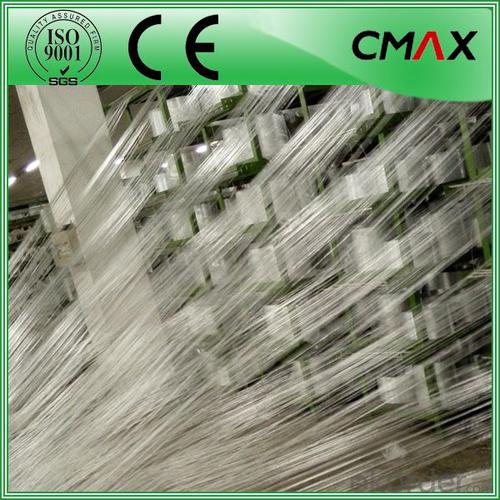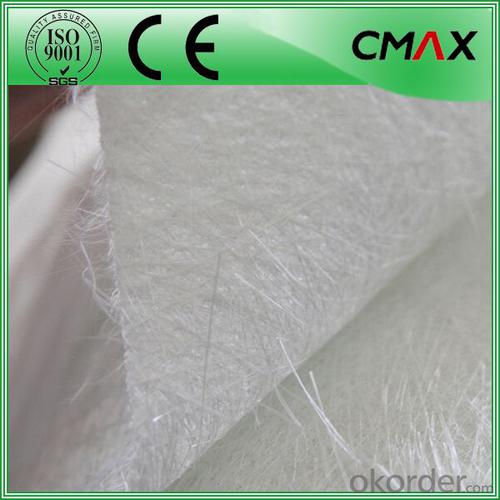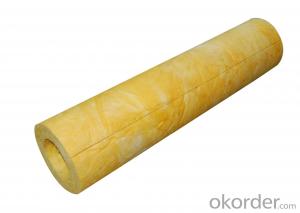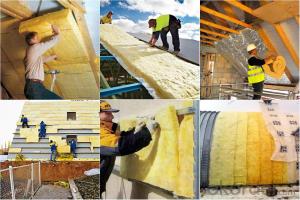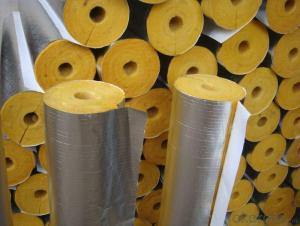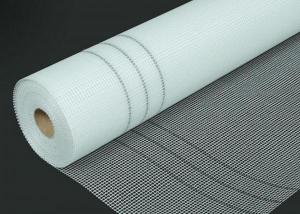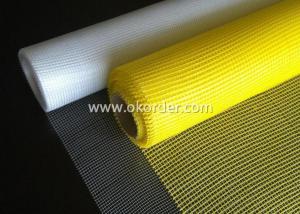Glass Fiber Roving Assembled Multi End Fiberglass Roving for Gypsum Mouldings
- Loading Port:
- Shanghai
- Payment Terms:
- TT OR LC
- Min Order Qty:
- 1000 m.t
- Supply Capability:
- 1000000 m.t/month
OKorder Service Pledge
OKorder Financial Service
You Might Also Like
Glass Fiber Roving Assembled Multi End Fiberglass Roving for Gypsum Mouldings
Introduction:
E-glass sprary-up roving, fiberglass gun roving, fiberglass roving is coated with a silance-based sizing, compatible with unsaturated polyester, vinyl ester and polyurethane resins.
It is a versatile general purpose spray-up roving used to manufacture boats, bathroom sinks ,yacht, sanitary ware, swimming pool and automotive parts and also pipe by centrifugal casting process.
Product Features:
1)Silane based coupling agent which delivers most balanced sizing properties.
2)Special sizing formulation which delivers good compatibility with martix resin.
3)Consistent fiber linear density,good mold ability and dispersion
4)Excellent mechanical properties of composite products
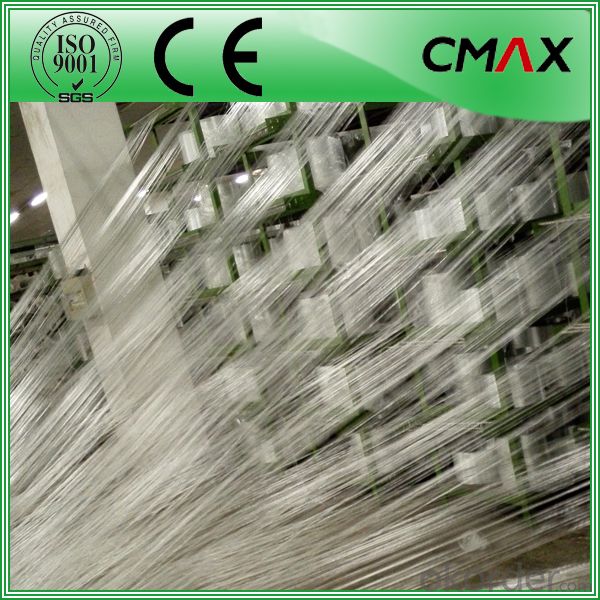
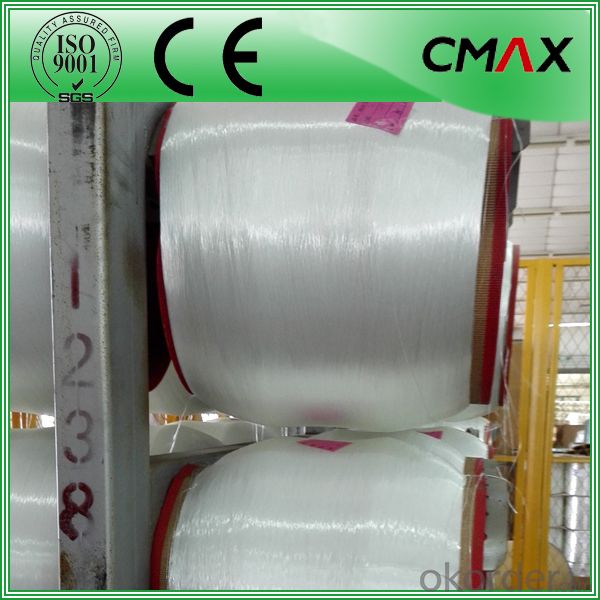
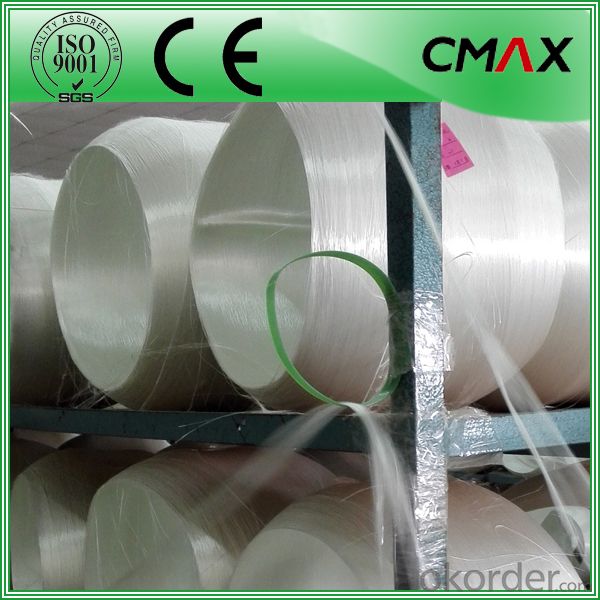
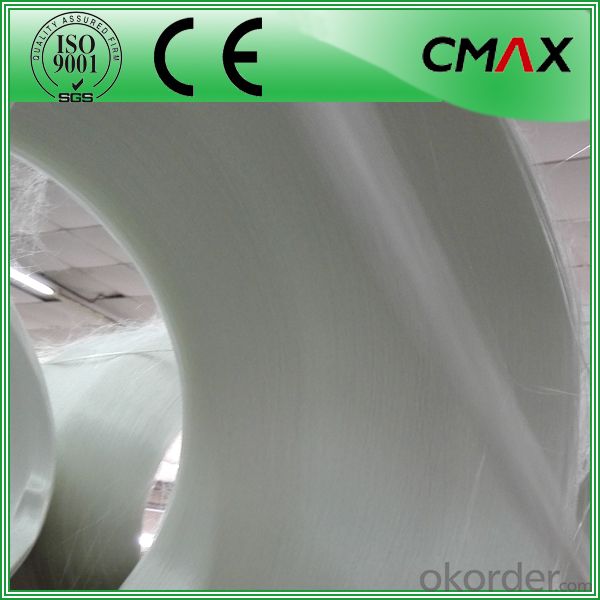
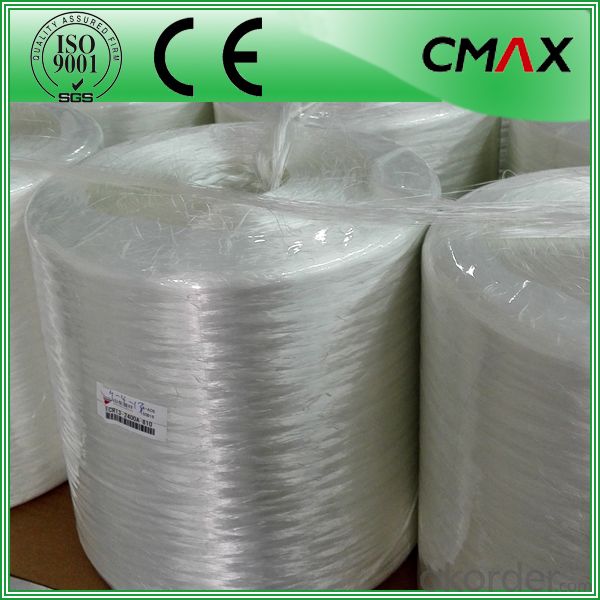
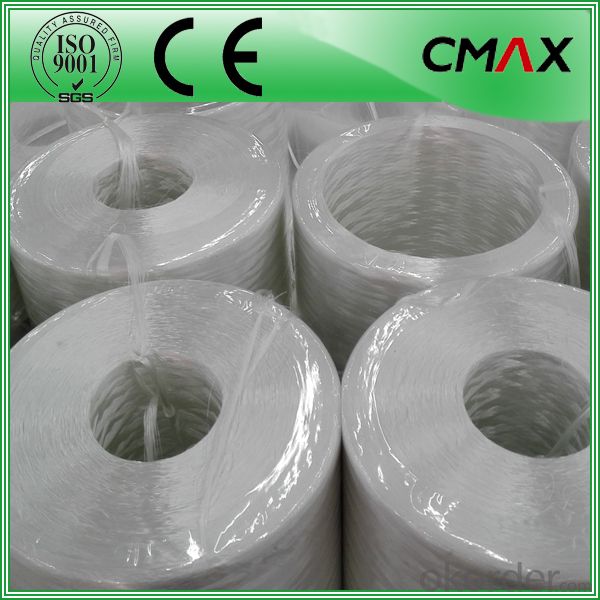
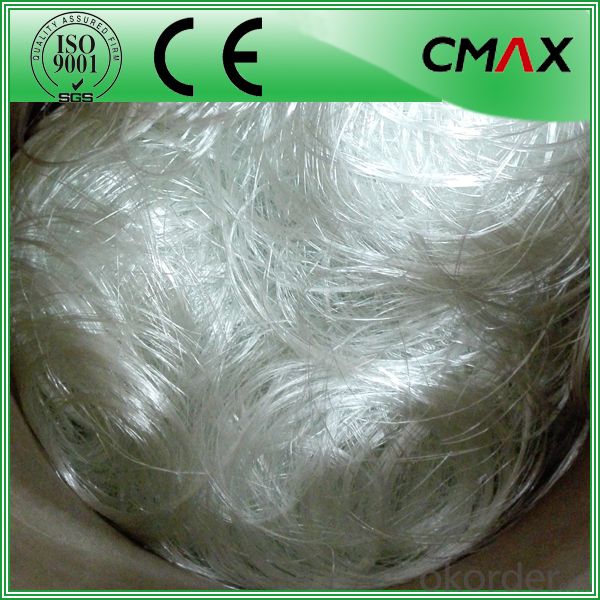
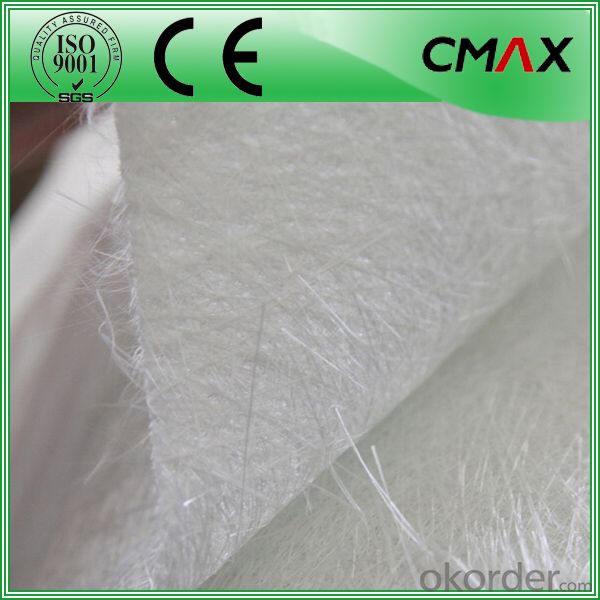
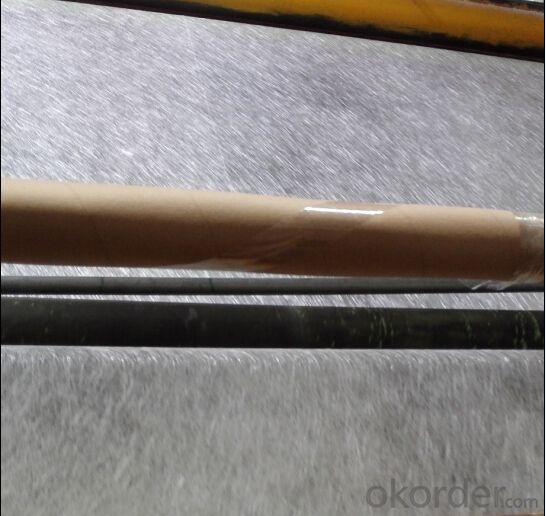
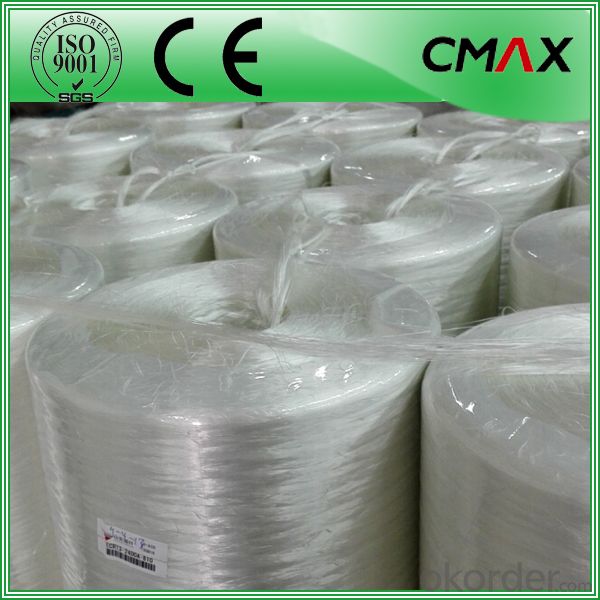
Packaging:
Product is manufactured in form of a roll wrap on a paper tube then after packed in a plastic bag and placed in a cardboard carton. Rolls can be loaded in a container directly or on pallets.
Deposited:
Chopped Strand Mat should be stored in dry, cool, clean and rainproof area. Recommended temperature range of storage is between 15-30 and relative humidity between 40%-70%.
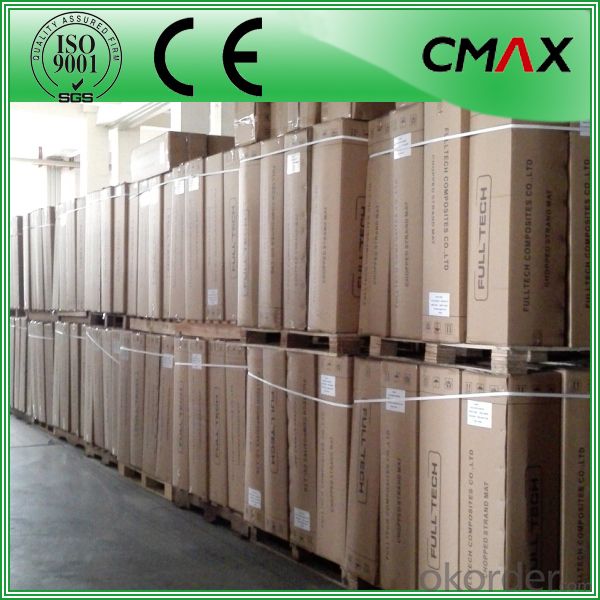
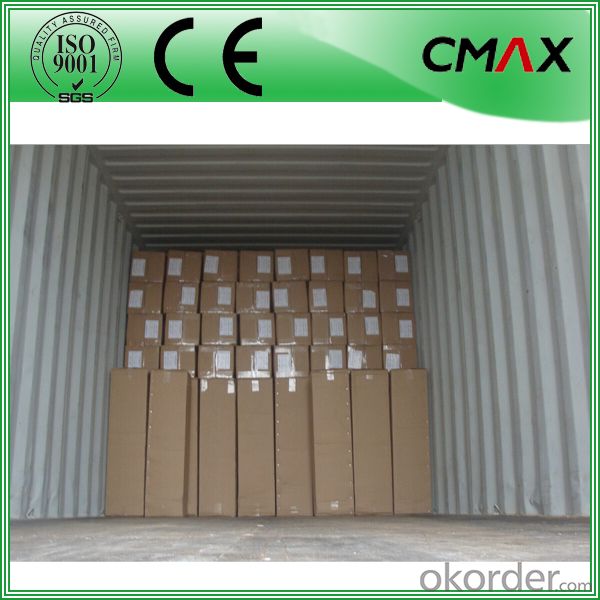
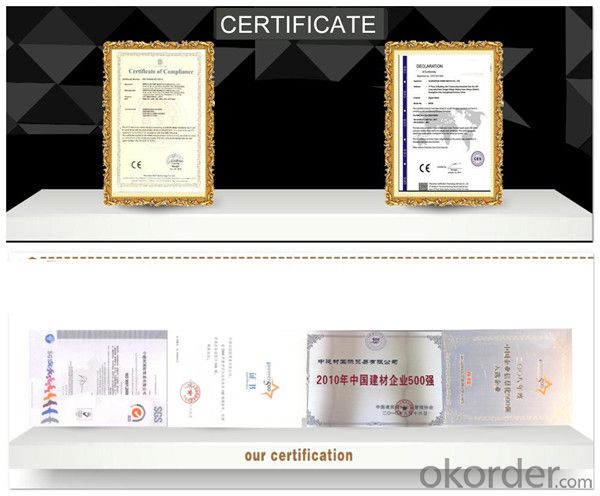
FAQ:
Is sample available ?
Yes, we provide the free samples, but customers themselves need pay the shipping fee
What's your MOQ?
Our MOQ is one 1*20' full container loading
How do you pack the fiberglass
(1) First, the mat is in roll packed in White PE fIlm.
(2) Then the rolls packed in the carton
4.Which knid of payment terms can you accept?
We can accept 30% prepayment, 70% payment before shippment. LC is also accepted
- Q:How is fiberglass mat tissue used in the production of pipes and tanks?
- Fiberglass mat tissue is used in the production of pipes and tanks as a reinforcement material. It is applied to the surface of the pipes or tanks to enhance their strength, durability, and resistance to corrosion. The mat tissue provides additional structural support and helps to prevent cracking and leakage, ensuring the longevity and reliability of the pipes and tanks.
- Q:Can fiberglass mat tissue be used for thermal insulation?
- No, fiberglass mat tissue is not typically used for thermal insulation. It is primarily used for reinforcing and providing strength to composite materials such as fiberglass sheets or panels. For thermal insulation purposes, other materials such as mineral wool, foam, or cellulose insulation are commonly used.
- Q:Can fiberglass mat tissue be used for reinforcing fiberglass tanks?
- Certainly, fiberglass tanks can be reinforced using fiberglass mat tissue. Fiberglass mat tissue, a lightweight and thin material, is commonly utilized in the construction of fiberglass products. Its purpose is to fortify the fiberglass structure, offering added durability and strength. In the specific case of fiberglass tanks, the mat tissue serves as a layer of reinforcement, further enhancing the tank's overall structural integrity. This reinforcement assists in preventing cracks, improving impact resistance, and augmenting the tank's ability to withstand external forces and pressure. Moreover, fiberglass mat tissue boasts ease of use, enabling simple molding or application onto the tank's surface, thus rendering it a suitable choice for tank reinforcement.
- Q:What is the expected lifespan of fiberglass mat tissue in residential applications?
- The expected lifespan of fiberglass mat tissue in residential applications can vary depending on various factors such as the quality of the material, the installation process, and the environmental conditions it is exposed to. However, on average, fiberglass mat tissues are designed to have a lifespan of around 20 to 30 years. Fiberglass mat tissues are commonly used in residential applications for reinforcing and strengthening purposes, particularly in areas prone to moisture and water damage such as bathrooms, kitchens, and basements. They are known for their excellent resistance to mold, mildew, and rot, making them a popular choice in these areas. With proper installation and maintenance, fiberglass mat tissues can provide long-lasting support and protection to the underlying surfaces. However, it is important to note that they can be susceptible to damage if not handled or installed correctly. Any improper installation or exposure to extreme conditions such as excessive heat or direct sunlight can significantly reduce their lifespan. Regular inspection and maintenance of fiberglass mat tissues are essential to ensure their optimal performance and longevity. This may include checking for any signs of wear, tear, or water damage, and promptly addressing any issues that arise. Additionally, periodic cleaning and sealing can help prolong the lifespan of the material. In summary, while the expected lifespan of fiberglass mat tissue in residential applications is typically around 20 to 30 years, it is crucial to consider factors such as quality, installation, and maintenance to ensure its durability and longevity.
- Q:Can fiberglass mat tissue be used for insulation in shopping malls?
- Yes, fiberglass mat tissue can be used for insulation in shopping malls. It is a common and effective material for thermal insulation due to its low thermal conductivity and high resistance to heat transfer. Fiberglass mat tissue is also non-combustible, making it a safe option for commercial buildings like shopping malls. Additionally, it is lightweight, easy to install, and has excellent sound absorption properties, which can help in creating a comfortable and quiet environment within the mall. Overall, fiberglass mat tissue is a suitable choice for insulation in shopping malls, providing energy efficiency and improved indoor comfort.
- Q:Does fiberglass mat tissue provide any electrical insulation?
- Indeed, electrical insulation is provided by fiberglass mat tissue. Fiberglass, as a material, is non-conductive, signifying its incapability to conduct electricity. Once utilized as a mat tissue, it serves as a protective obstacle, effectively obstructing the passage of electrical current through the material. Consequently, it becomes fitting for a wide range of electrical applications necessitating insulation, including the production of circuit boards, electrical panels, and insulating tapes. Furthermore, fiberglass mat tissue is recognized for its exceptional dielectric strength, thereby augmenting its electrical insulation attributes.
- Q:Can fiberglass mat tissue be used for creating molds?
- No, fiberglass mat tissue is typically not used for creating molds. It is more commonly used for reinforcing fiberglass laminates and composites.
- Q:What is the weight range of fiberglass mat tissue?
- The weight of fiberglass mat tissue can vary depending on the specific product and its intended application. Typically, the weight range of fiberglass mat tissue can be anywhere from approximately 20 grams per square meter (gsm) to over 100 gsm. Thinner and lighter fiberglass mat tissues are commonly employed for insulation purposes or as a reinforcing layer in composite materials. On the other hand, heavier fiberglass mat tissues are generally utilized for more demanding applications like roofing or flooring. It is worth noting that the weight range may also be influenced by factors such as the type of resin used, the desired strength or stiffness of the final product, and any specific requirements or specifications for a particular project.
- Q:What are the applications of fiberglass mat tissue?
- Fiberglass mat tissue is a versatile material that finds numerous applications across various industries. Some of the key applications of fiberglass mat tissue are: 1. Construction and Building Materials: Fiberglass mat tissue is widely used in the construction industry as a reinforcement material. It is commonly used in the manufacturing of roofing shingles, insulation materials, and wall coverings. The strong and durable nature of fiberglass mat tissue enhances the structural integrity of buildings and improves their resistance to external elements such as wind, moisture, and temperature changes. 2. Automotive Industry: Fiberglass mat tissue is extensively used in the automotive sector for manufacturing various components such as door panels, headliners, trunk liners, and interior trim parts. The lightweight and high strength properties of fiberglass mat tissue make it an ideal material for reducing the overall weight of vehicles while maintaining their structural integrity. 3. Marine Industry: Fiberglass mat tissue is widely used in the marine industry for the production of boat hulls, decks, and other structural components. The corrosion-resistant nature of fiberglass mat tissue makes it suitable for marine applications where exposure to water and harsh weather conditions is common. 4. Pipe Manufacturing: Fiberglass mat tissue is used in the production of fiberglass reinforced pipes. These pipes find applications in various industries such as oil and gas, chemical, and water management. The high strength and corrosion-resistant properties of fiberglass mat tissue make it an excellent choice for manufacturing pipes that can withstand high pressure and harsh chemical environments. 5. Filtration Systems: Fiberglass mat tissue is used in the production of air filters and liquid filtration systems. The fibrous structure of the material allows for efficient filtration by trapping dust particles, dirt, and other contaminants. This makes fiberglass mat tissue a preferred choice for applications requiring high-efficiency filtration, such as HVAC systems, industrial air filters, and water treatment plants. Overall, the applications of fiberglass mat tissue are vast and diverse, ranging from construction and automotive industries to marine and filtration systems. Its unique properties make it an invaluable material for enhancing structural integrity, reducing weight, and improving performance across various sectors.
- Q:Is fiberglass mat tissue suitable for architectural applications?
- Fiberglass mat tissue is indeed appropriate for architectural purposes. It is a lightweight and adaptable material frequently employed in construction and architectural undertakings. Its exceptional strength and durability make it well-suited for a variety of architectural applications, including wall cladding, roofing, insulation, and decorative panels. Moreover, fiberglass mat tissue possesses resistance to water, chemicals, and fire, further augmenting its appropriateness for architectural utilization. Given its versatility, it can be easily molded into diverse shapes and sizes, granting architects significant design flexibility. In conclusion, fiberglass mat tissue is a dependable and efficient material that can be effectively employed in architectural applications.
1. Manufacturer Overview |
|
|---|---|
| Location | |
| Year Established | |
| Annual Output Value | |
| Main Markets | |
| Company Certifications | |
2. Manufacturer Certificates |
|
|---|---|
| a) Certification Name | |
| Range | |
| Reference | |
| Validity Period | |
3. Manufacturer Capability |
|
|---|---|
| a)Trade Capacity | |
| Nearest Port | |
| Export Percentage | |
| No.of Employees in Trade Department | |
| Language Spoken: | |
| b)Factory Information | |
| Factory Size: | |
| No. of Production Lines | |
| Contract Manufacturing | |
| Product Price Range | |
Send your message to us
Glass Fiber Roving Assembled Multi End Fiberglass Roving for Gypsum Mouldings
- Loading Port:
- Shanghai
- Payment Terms:
- TT OR LC
- Min Order Qty:
- 1000 m.t
- Supply Capability:
- 1000000 m.t/month
OKorder Service Pledge
OKorder Financial Service
Similar products
New products
Hot products
Hot Searches
Related keywords
